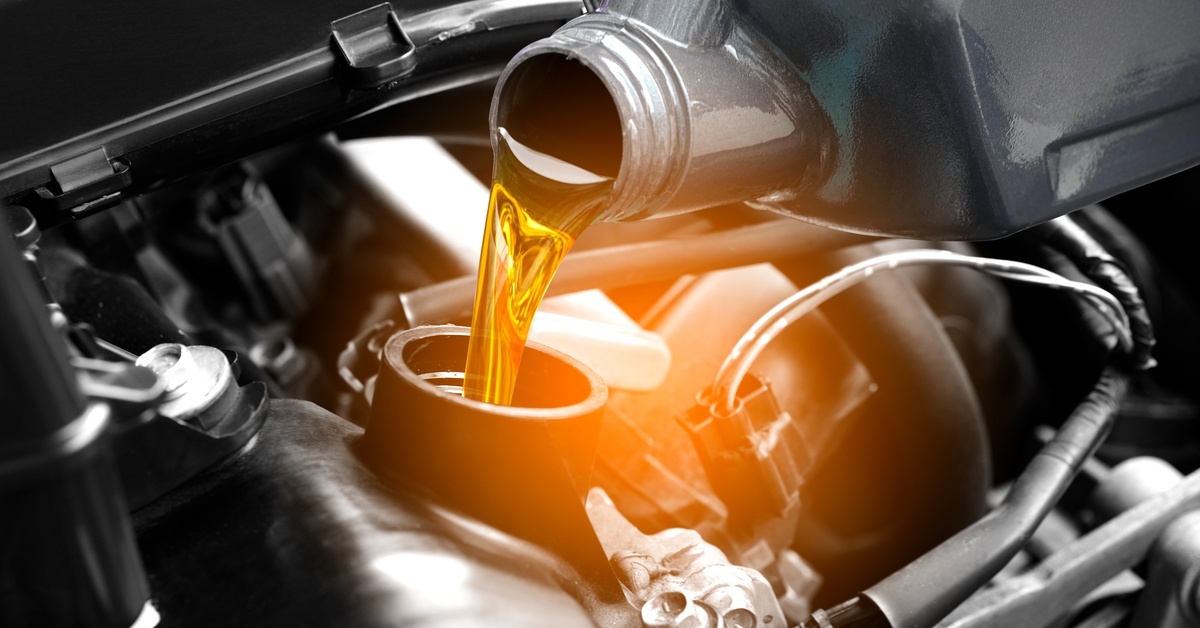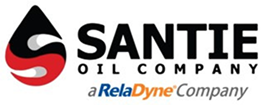Diesel engines power everything from heavy-duty trucks to industrial machinery, operating as the workhorses of modern transportation and manufacturing. Selecting the appropriate engine oil for these powerful systems determines their performance and longevity. Making the correct selection requires careful consideration of several factors, including specifications, viscosity, and engine type.
Therefore, knowing how to choose the right diesel engine oil enables efficient operation and durability under heavy use.
Reading Diesel Engine Oil Specifications
Proper selection of diesel engine oil starts with a detailed understanding of the specifications and classifications set by industry organizations such as the American Petroleum Institute (API). These specifications outline the oil's performance characteristics and its suitability for particular engine types and operating conditions.
API Classifications
API classifications use a two-letter code, such as CJ-4 or CK-4, to denote an oil's properties. The "C" indicates the oil works for diesel engines, while the second letter shows the performance level and the engine models the oil suits. Later letters in the alphabet represent more advanced formulations that meet the demands of modern engine technologies.
Viscosity Grades
Viscosity grades, presented as 15W-40 or 10W-30, describe the oil's flow characteristics at different temperatures.
- The "W" stands for winter. The number before the "W" indicates the oil's viscosity at low temperatures, which is essential for cold starts.
- The number after the "W" shows the oil's viscosity at high operating temperatures, affecting lubrication when the engine runs hot.
Selecting the correct viscosity grade is critical for optimal engine performance and longevity. Always consult the aircraft's manual or manufacturer recommendations for the appropriate grade. Proper viscosity enhances engine efficiency, reduces wear, and improves reliability across a range of operating conditions.

Synthetic Versus Conventional Diesel Engine Oils
Another decision involves choosing between synthetic and conventional diesel engine oils. Each type offers distinct advantages based on the application and operational requirements.
Synthetic Oils
Synthetic oils deliver superior performance compared to their conventional counterparts. They possess better thermal stability, improved oxidation resistance, and superior low-temperature flow properties. These qualities lead to better engine protection, longer drain intervals, and potential improvements in fuel economy. Their advanced formulation helps engines withstand extreme conditions, making them a popular choice for high-performance and heavy-duty vehicles.
Conventional Oils
Conventional oils remain a practical option for many applications. They work well for older engines or situations where frequent oil changes are part of the maintenance schedule. Regular maintenance with conventional oils prevents sludge buildup and wear, preserving engine health over time.
Heavy-Duty Application Factors
Heavy-duty applications, typical in trucking, construction, and agriculture, put considerable strain on diesel engines. Selecting an oil formulated to handle these intense conditions helps maintain engine health and prevents expensive downtime.
High-Temperature Stability
High-temperature stability allows heavy-duty diesel engines to operate under extreme loads and temperatures. Oils with robust thermal stability maintain viscosity and resist breakdown, providing continuous lubrication and protection for engine components.
Total Base Number and Acid Neutralization
Total Base Number (TBN) measures an oil's capacity to neutralize acids that form during combustion. A higher TBN indicates better corrosion and deposit protection. This protection is essential for engines that run on high-sulfur fuels, as it helps maintain engine cleanliness and longevity.
Matching Oil to Different Diesel Engine Types
Diesel engines vary widely in design and function, from heavy-duty industrial uses to light-duty vehicles, and their lubrication needs differ accordingly. Choosing the right engine oil is essential for optimal performance, extended engine life, and component protection.
This process considers factors such as engine design, fuel type, operating temperatures, and exhaust systems, all of which affect lubricant demand. The right oil ensures reliable operation by managing wear, heat, and contaminants generated during diesel combustion.
Modern Low-Emission Engines
Modern low-emission diesel engines often feature advanced technologies such as diesel particulate filters (DPFs) and exhaust gas recirculation (EGR) systems. These engines require oils with low sulfated ash, phosphorus, and sulfur (low-SAPS) content to avoid damaging the emission control devices. Using the correct oil helps these systems function correctly and comply with environmental regulations.
Older Diesel Engines
Older diesel engines might not need the sophisticated oil formulations of newer models. However, selecting an oil with the correct viscosity and additive package still provides adequate protection against wear and corrosion. Proper lubrication keeps these classic engines running smoothly for years.
How to Select the Right Viscosity Grade
The appropriate viscosity grade is crucial for ensuring optimal engine protection under varying operational demands. This critical parameter directly influences the oil's ability to form a robust lubricating film between moving engine components, thereby promoting proper lubrication and minimizing internal friction. An incorrectly selected viscosity grade can lead to inadequate protection, increased wear, and reduced engine efficiency.
Multigrade Oils
Multigrade oils, commonly identified by designations such as 15W-40 or 10W-30, are engineered to deliver consistent performance across a broad spectrum of ambient temperatures. The "W" (Winter) rating indicates their capability to flow efficiently at lower temperatures, ensuring rapid lubrication and reduced wear during cold starts. Concurrently, the second number indicates their ability to maintain proper viscosity and film strength when the engine operates at higher temperatures. This natural versatility makes multigrade oils a popular and widely used choice for many vehicles and heavy equipment that face different weather conditions.
Single-Grade Oils
In contrast, single-grade oils like SAE 30 and SAE 40 are formulated for specific conditions with minimal temperature changes. Their stable viscosity ensures dependable lubrication in applications such as stationary engines, some industrial machinery, or equipment used mainly in warm climates.
When engines run at a steady temperature, single-grade oils provide effective protection without the need for the temperature flexibility found in multigrade oils.

A Final Look at Your Engine Oil Selection
Making an informed decision requires looking at API specifications, viscosity grades, oil types, and the unique needs of your application. Understanding these factors will help you choose the right diesel engine oil for your machinery. This knowledge allows resellers, military and government entities, manufacturing professionals, and automotive experts achieve better engine performance and reliability.
Explore our wide selection of high-quality diesel engine lubricants designed to meet the demands of your engine. Whether you need reliable performance or maximum protection, we have products tailored to your specific needs.

